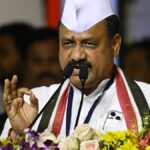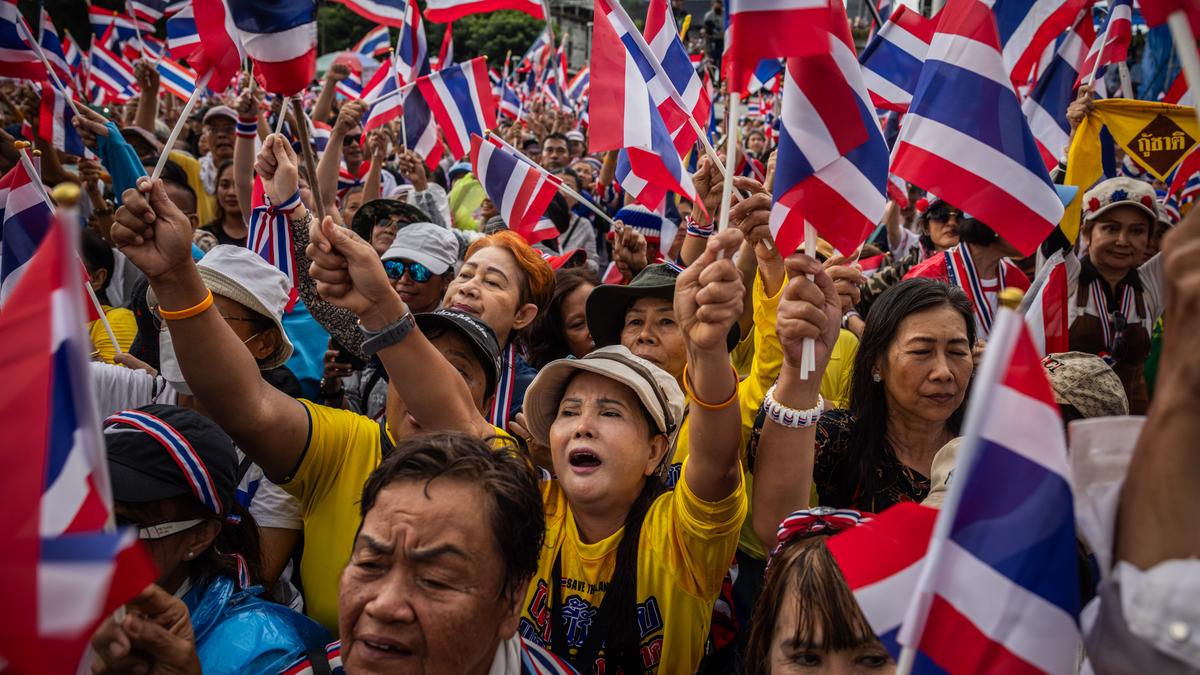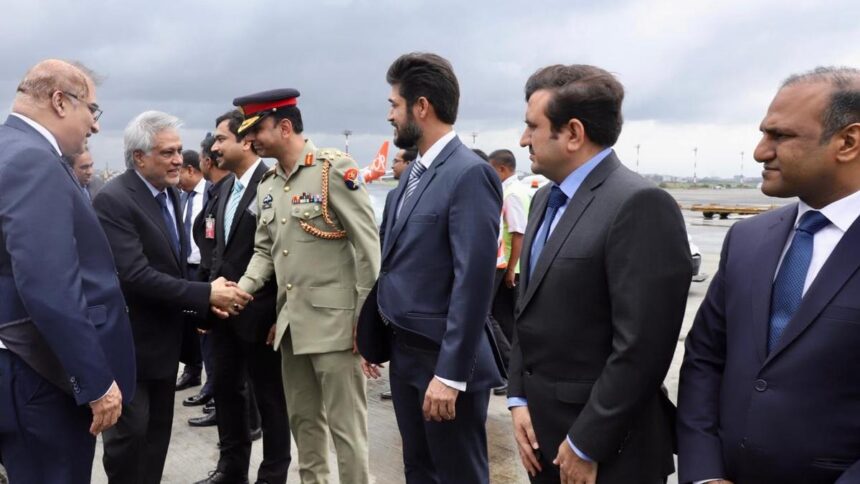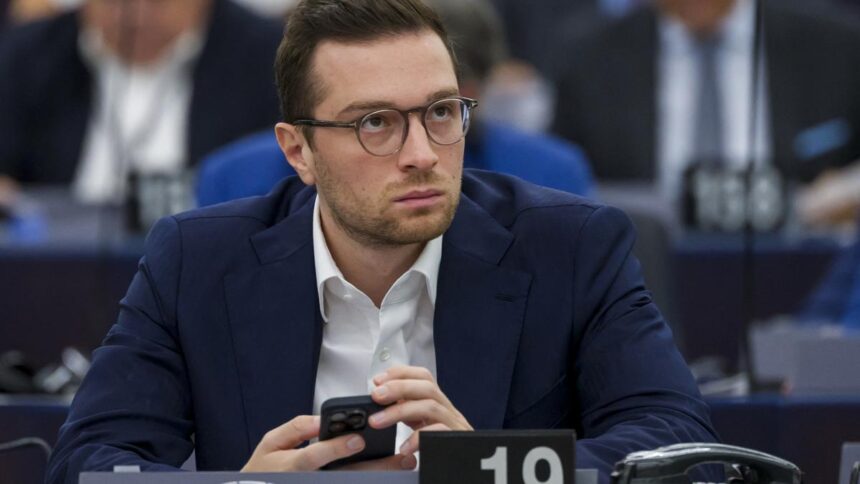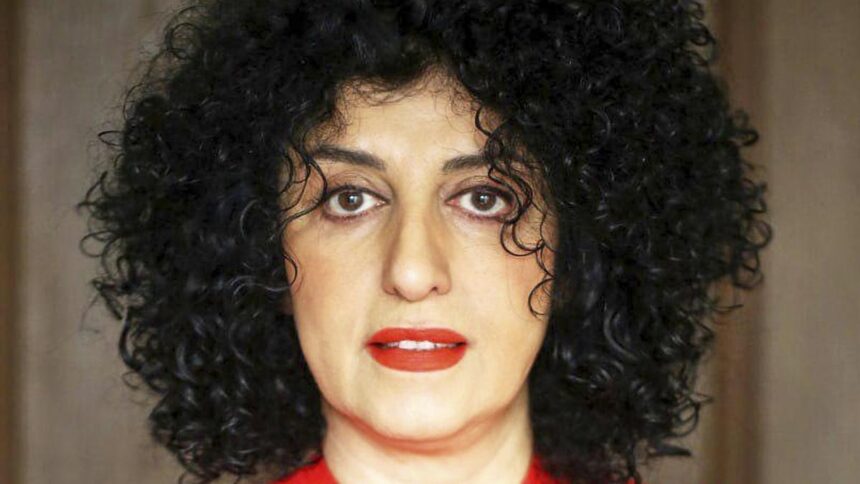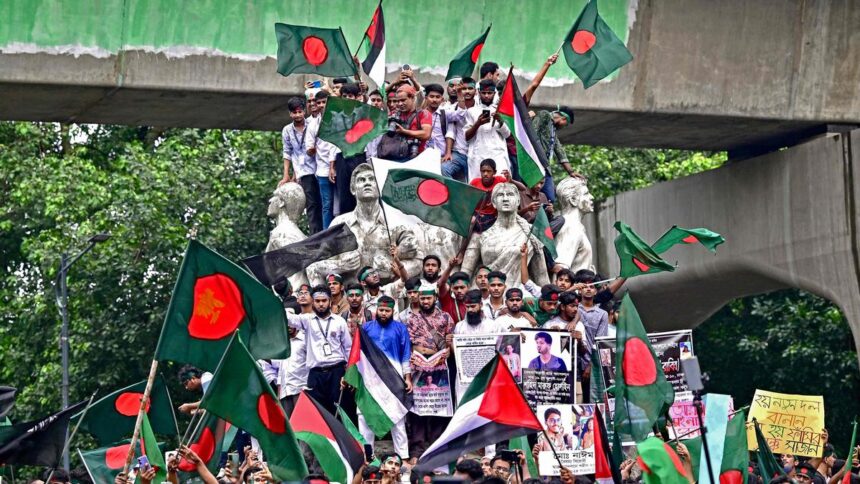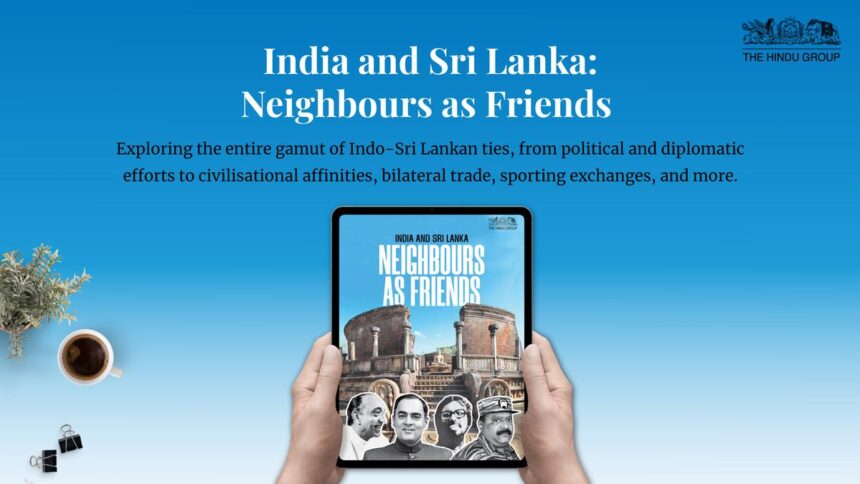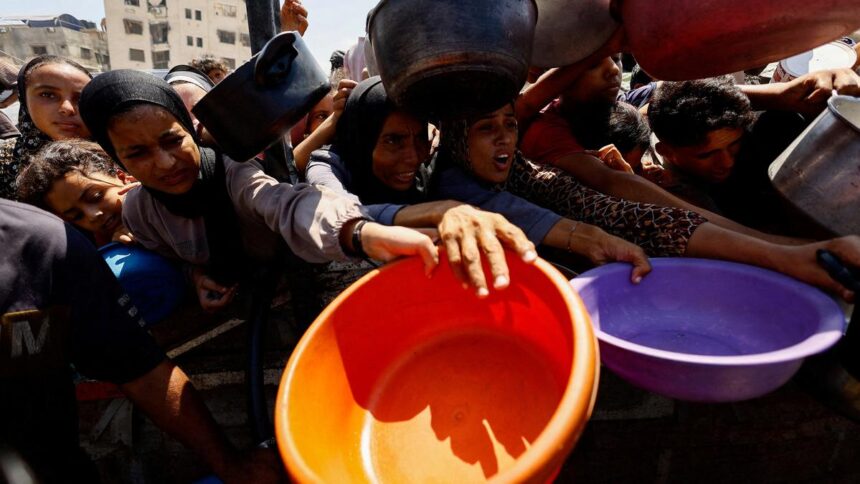The story so far: Thailand Prime Minister Paetongtarn Shinawatra was suspended by the country’s Constitutional Court on July 1, following a leaked phone call with former Cambodian Premier Hun Sen. The case, brought about by 36 lawmakers, accused the Prime Minister of being pliant and deferential to the Cambodian leader by referring to him as “uncle” while trying to resolve a border stand-off between the countries’ troops. The incident led to the largest partner of Thailand’s ruling coalition withdrawing its support and sparked protests calling for the Prime Minister’s resignation.
What was the call about?
The conversation on June 15 was initiated by the Thai leader to contain the fallout from a Cambodian soldier’s death in border clashes on May 28. During the 17-minute conversation, posted in its entirety by Hun Sen after a leaked version surfaced on the Internet, Ms. Paetongtarn referred to a Thai military general overseeing the border as ‘opponent”. In a country with a history of border tussles, where the military enjoys considerable clout, and is prone to coups, the statement was perceived as disparaging the troops.
How did Thai stakeholders react?
Ms. Paetongtarn termed her actions as a negotiating tactic and said, “My intention was to help stabilise the situation and I never expected the conversation to be leaked”. Furthermore, the 38-year-old leader vowed support for the Army and called for unity among citizens, as her administration summoned the Cambodian Ambassador to deliver a protest letter condemning the leak of the private conversation.
Regardless of the clarifications, the Prime Minister’s largest coalition partner, the Bhumjaithai Party quit, taking with it their 69 MPs and leaving her Pheu Thai Party with a narrow majority in the 495-strong House. The main opposition, the People’s Party, an offshoot of the immensely popular Move Forward Party that the Constitutional Court banned despite securing maximum seats in 2023, sought fresh elections.
As rumours of a coup began making the rounds, the Army sought to shake off memories of past instances and stated that it “affirms commitment to democratic principles and national sovereignty protection”. In a similar tone, Ms. Paetongtarn also struck a reconciliatory note with the Army by visiting the general, whom she had derided in the call, at the border.
Why did the Cambodian leader leak the conversation?
Former Cambodian Prime Minister and current leader of the Cambodian Senate Hun Sen, in his defence, cited the source of the leak as one of the 80 people he had shared the conversation with. He had recorded the conversation “to avoid any misunderstanding or misrepresentation in official matters.” However, the Cambodian leader, despite sharing close ties with the Shinawatra family, chose to further comment on the matter and called Ms. Paetongtarn’s remarks against the military an insult to the monarchy. “An insult to a regional commander is an insult to the Thai king because it is only the king who issued a royal decree to appoint him,” Hun Sen said. This statement gains relevance when one considers the fact that Ms. Paetongtarn’s father and former Thai Prime Minister, Thaksin Shinawatra, is going to stand trial for insulting the monarchy in an interview with a South Korean newspaper nine years ago (in Thailand, lèse-majesté or a crime of defaming or insulting the monarchy or monarch is a serious offence and punishable by law).
Mr. Hun Sen further stated that the former Thai premier had faked illness to evade prosecution. Following a military coup in 2006 in which he was deposed, businessman-turned-politician Thaksin Shinawatra went into a 15-year-long self-imposed exile. He returned to Thailand only in August 2023 after the Pheu Thai had come to power. Originally sentenced to eight years in prison for conflict of interest and abuse of power, his sentence was subsequently commuted to one year by the King.
What is the relationship between Cambodia and Thailand?
Thailand and Cambodia share an 800 km-long border, with various contested locations sitting on this front. These hotspots serve as fodder for irredentist factions to stake a claim and stoke regionalist fervour. It is also not uncommon for governments of both countries to cite clashes in these areas to deflect attention from domestic issues and further their agenda.
Experts believe that Hun Sen, who currently serves as head of the Cambodian Senate after ceding the Prime Ministership to his son Hun Manet following 33 years in office, has employed this technique. He is suspected of having made the statements against the Thai government to deflect global attention from the scam call centres his country is accused of hosting. The 72-year-old leader has also blamed Thailand as the origin of the call centres.
For Ms. Paetongtarn, who is only 10 months into her term, the suspension from office could not have come at a worse time. She began her term on a shaky wicket after coming into power as a replacement for her predecessor Srettha Thavisin, who was suspended by the Constitutional Court. Burdened with a failing economy then, Ms. Paetongtarn must grapple with border tensions and domestic unrest now.
Does the issue go beyond a ‘leaked’ audio clip?
Preceding the leaked recording was a shooting incident and the death of the Cambodian soldier on May 28. It transpired in the province of Preah Vihear, which hosts the eponymous temple — a 12th-century monument claimed by both countries. While the temple and a 1 sq. km area around it were ruled in Cambodia’s favour by the International Court of Justice, a 4.6 sq. km land near it is still contested territory. Such a verdict was borne out of a conflict between the two nations over the area in 2011 resulting in 28 casualties, including both military personnel and civilians.
But Preah Vihear is only emblematic of the problem.
The crisis dates back to the 12th century when Cambodia’s Khmer empire, in its full glory, consisted of parts of present-day northeastern Thailand and southern Vietnam. Many prominent temples in the region were built during this time. As is the case with empires, they rise and fall. And wars fought among neighbours have seen the borders shift and temples change ownership.
Much like border relations, diplomatic ties between the Southeast Asian neighbours, too, have been fraught with tension and periods of friendship. From being perceived as belonging to opposing camps during the Cold War, to lending support to dissidents from the neighbouring country, both Cambodia and Thailand’s ruling classes have a chequered history.
This is characteristic of the Hun Sen-Shinawatra relationship, too. It initially began with the Cambodian leader embracing the Thai entrepreneur’s pro-business policy. The period from 2001 to 2006, when the two leaders were in power in their respective countries, saw tensions spike and subside. Since the start of Mr. Thaksin’s exile (which was largely in Dubai), Hun Sen facilitated the use of his country as a political base for the Thai leader to host his allies. During this period, he would reportedly have business meetings with Hun Sen while overseeing his party’s rule in Thailand. Hun Sen had even appointed Mr. Thaksin as a personal adviser and Economic Advisor to the Cambodian Government, infuriating the then-Thailand administration.
If the Cambodian leader had then been trying to safeguard his interests by protecting Mr. Thaksin, with both benefiting from the weakening Thai regime, it could be said that Hun Sen, even today, is operating on the same principle by diverting attention to the neighbour and trying to weaken it from the outside.
Published – July 17, 2025 08:30 am IST




